How to Have Your Blog Posts Professionally Fact-Checked
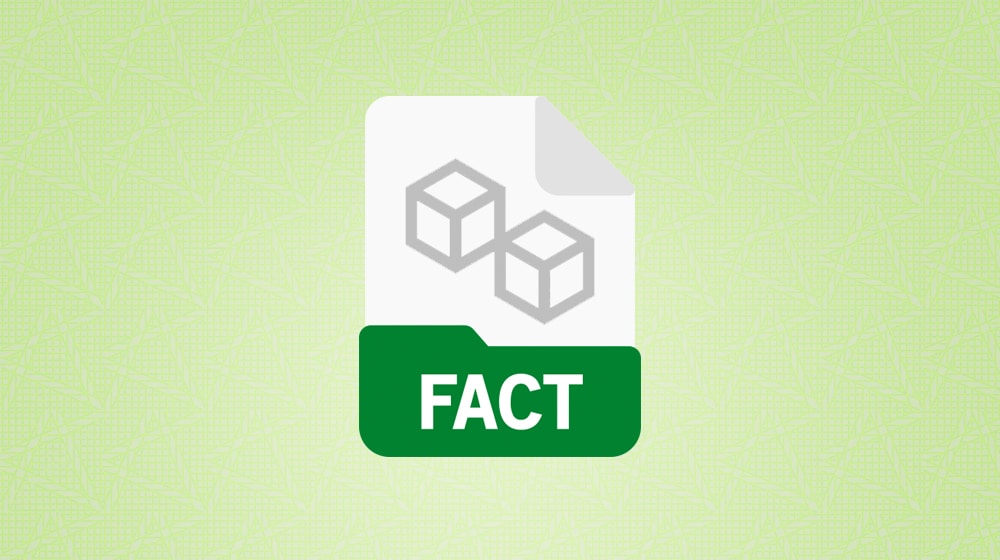
In the modern era of fake news, misinformation, and clickbait, it's easy for facts to get lost in the press of headlines. More and more often, people are becoming distrusting of the things they read on the internet.
There are a few different ways to fight against this. First and foremost, of course, is to make your blog an authoritative source. Through years of dedicated attention to detail and a focus on accuracy in reporting, not to mention prominently cited sources, you can develop a reputation for honesty and trustworthiness, so people know that when you write about a topic, they're getting accurate information about that topic.
Of course, that requires you to build that reputation, and people to know that reputation. And, well, just look around you. There are plenty of people out there who will happily ignore facts and science in favor of a narrative that fits their worldview. They don't care how factual and accurate a post is.
This is why one option some blogs are starting to use is a verified external (or internal, but impartial) fact-checker. Take a look at this blog post, for example. It seems simple, right? It's a basic article about healthy snacks.
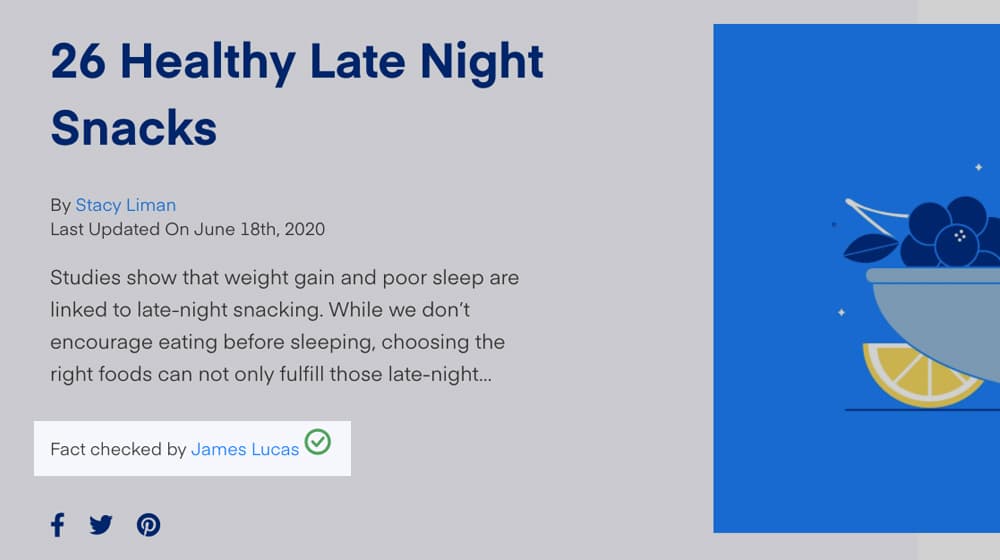
But if you look up there at the top, below the author bio and the blurb but above the post itself, you see a line:
"Fact checked by James Lucas".
When you hover over the name, you get a box that tells you who James Lucas is and what his expertise is. This post, about healthy snacks, was fact-checked by a guy with ten years of experience as a registered dietitian, and who has a masters degree in exercise physiology.
This line gives you several pieces of information.
- It tells you that the author had someone other than themselves come in and fact checks the recommendations.
- It tells you the history and education of the fact-checker, to give you an idea of their authority.
- It implies that some system, authority, or external source is being used to check the accuracy and authenticity of the information in the post.
You'll notice a few things if you read a bit further in that article, though. The first paragraph includes a line that says:
"a few recommendations from […] James Lucas III, MS RD, CSSD."
So, yeah; the fact-checker was in fact at least partially a co-author, not just a fact-checker. Then again, if a fact-checker disputes your information and offers their own, should you acknowledge that they contributed to the post? That's a can of worms I'll talk about a little further down.
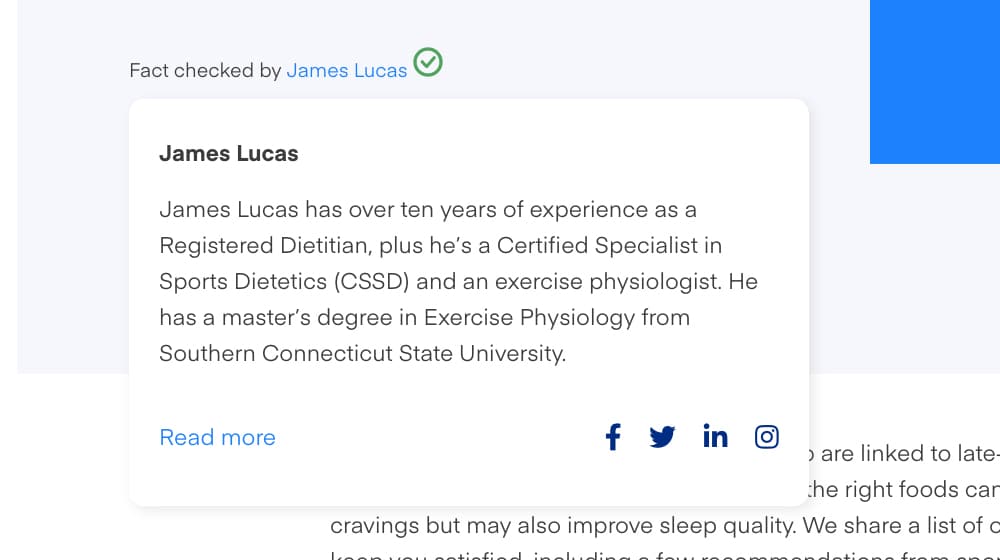
First, though, let's go simple: what are the benefits of fact-checking your blog posts, and is it work doing?
The Benefits of Fact-Checking
Fact-checking your blog posts does have a few benefits, some of the more tangible than others.
First and foremost, fact-checking ensures that your blog posts are accurate. Or at least, that's what it's supposed to do.
If you write about a topic, and an expert comes in and says "actually this is all wrong", you lose credibility. Followers and fans who are educated in the subject will call you out, or stop being your fans. Other people who see the exchange might question what else you've been wrong about. It hurts your reputation.
Now, this is very dependent on industry and topic. For example, when I'm writing about content marketing, I reference authorities like Moz, and I have my own experience to draw on. If I say something incorrect, it's easy enough to correct, and it's not harmful to get wrong.
In other industries, like finances or health, getting something wrong or giving someone incorrect advice can be damaging to their lives or livelihoods. That's dangerous, so people should (rightfully) be more discerning in their sources. It's also very easy to take a complex industry like health and find studies to prove basically anything. "Oh sure, X cures cancer, we have a study to prove it" can be backed up by a study, sure, but if that study was about cancer cells in a test tube exposed to concentrations well above the normal lethal dose of a substance, it's not really representative of factual accuracy or utility… and I digress.
The fact is, fact-checking can be important to make sure you're a trustworthy authority, but in some industries, it's not very necessary, while in others it might be a great benefit.
A second benefit is that it might (MIGHT) help your SEO.
I put "might" in very strong emphasis here because, well, I don't have much evidence to suggest that it's beneficial.
So, here's the thing: Google's Schema.org rich data markup system exists. It's a system made for flagging specific kinds of data in specific ways on your website so that data can be given extra focus by search engines and other systems that want to harvest that data.
Most of the time, this data is clearly useful, like price data for products, or author attribution. It exists nearly entirely for that kind of benefit, and while Google acknowledges that some of the data is used, it's a minor SEO signal at best.
Well, Schema does have the "ClaimReview" markup, which exists to flag facts and attribution for checking them. This could be proof that Google pays attention to fact-checking.
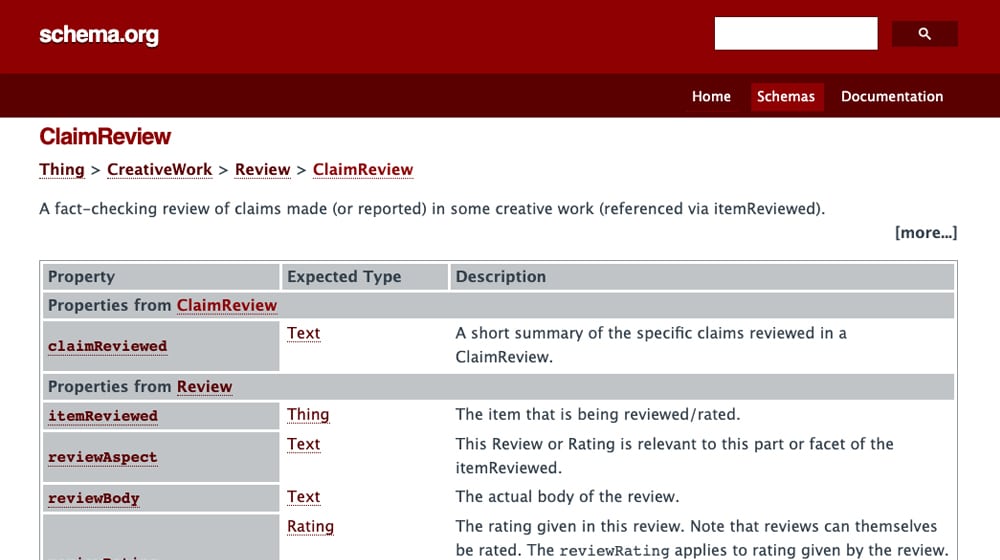
There's a couple of holes to this plan, though, which I'll get into in the next section.
A third potential benefit of fact-checking is that if Google pays attention to it, it could be part of their overall E-A-T score.
The Expertise, Authoritativeness, and Trustworthiness metrics Google has been pushing recently serve to fight fake news and clickbait by encouraging people to build trust, authority, and attribution to their content. The idea is that if people attach their names and reputations to their content, they'll be less likely to lie about it.
I have my doubts, of course. There are more than a few examples in very public positions right now who have absolutely zero qualms about lying, even about easily verifiable facts, if it personally enriches themselves or their families. Still, it's an admirable effort on Google's part, and it most likely has had a beneficial impact on search quality overall.
The Problems with Fact-Checking
I do have a few problems with using a fact-checking program, and they've made me pretty skeptical about whether or not it's actually meaningful.
First and foremost is the argument that Schema having a field for it means it's used by the search engines. I don't know if you've looked at Schema recently, but they have thousands upon thousands of different tags for anything you can think of. You could easily tag every single element on your site with some kind of Schema markup. Would that give you any SEO benefit? There just aren't enough real-world examples of this yet to study. I had a hard time just finding a small handful of health-related articles for the purpose of writing this post.
Second is the idea that this matters to Google specifically. Here's my concern: is Google going to trust your content, or not? If they don't trust your content, then why would they trust the fact-checker? What's to stop you from hiring one of those unscrupulous people mentioned above to "fact check" and sign off on whatever nonsense you want to say? And, hell, just take that cancer example; there are tons of actual studies published on the website for the national institute of health; just because the study exists doesn't mean it proves anything, but people will happily use it as a source.
Yoast went as far as to make fun of it as an April Fools prank:
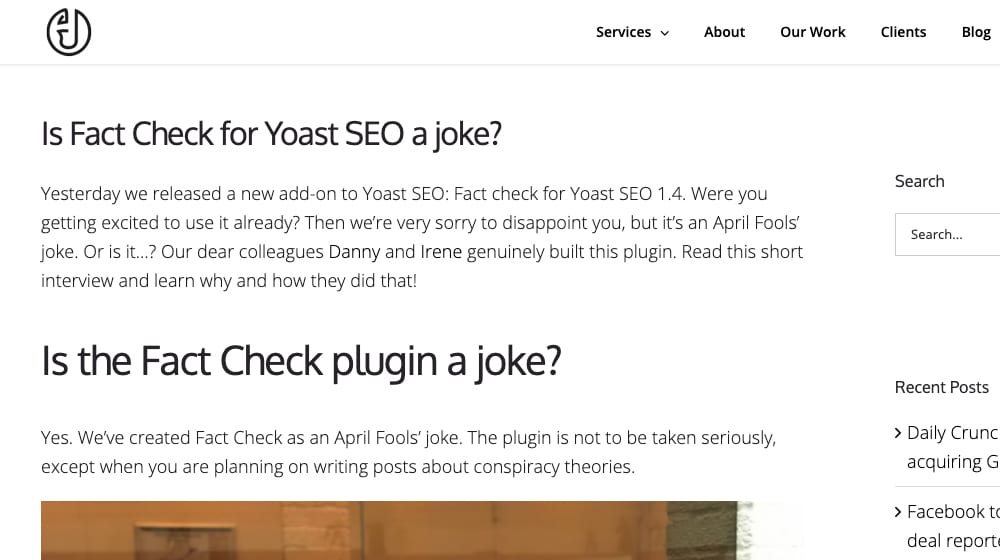
Does Google then go to verify the source? Do they determine who is trustworthy enough to be a fact-checker and who they should ignore? Do they trust the fact checker's expertise? I mean, hell, there are examples about people like this guy, who just lied about being a doctor convincingly enough that he was allowed to operate on people. It's terrifying.
You have to figure out how far down the chain Google is going to dig, and how much they're going to try to verify. It's not Google's responsibility to fact check content online, which is the root of a large part of the fake news crisis in the first place; same with Facebook. Either you give these companies a huge level of influence even above what they already have, as arbiters of fact, or you let them be impartial (or "impartial" in the case of Facebook) and deal with lies being circulated just because they meet SEO guidelines.
The biggest problem, of course, is just that anyone can claim their content was fact-checked by someone, and that "someone" could be anyone; it could be a real person, it could be someone lying about their education or certifications, or it could just be a fake entity you made up for the role.
Real fact-checking is going to be expensive. You have to find an authority in the subject and capture their time, which could mean paying a lawyer, doctor, or scholar for a meeting to discuss the topic. Since they're publicly attaching their name to your content as the fact-checker, they have to be willing to do that, and that often means paying them. That's an added expense and delay on blogging, and that makes it even harder to produce high-quality blog posts, especially for something that's very easy to just ignore.
How to Officially Fact Check Your Blog Posts
So if you want to do some fact-checking, you have a few different options.
The weakest option is the display option. Sites like the Amerisleep post I used as an example up at the top, they have a line that shows there was a fact-checker involved, but that's about it. There's no system behind it that they tapped into, they just happened to have a relationship with a dietician they could pull on for the post.
You can do the same thing, either with someone you know, or someone you make up. Again, the chances of Google actually verifying the identity of the fact-checker you have are pretty slim. Nothing stops you from just making up someone to back up your claims.
Obviously, I don't recommend this. It's disingenuous, and it can be verified by someone other than Google who wants to look into it. You make up a fake doctor with a certificate and someone can check to see if that certificate was really issued, and then the story falls apart.
You can also use a WordPress plugin, like this one to handle the Schema markup and display. Amerisleep doesn't use this. In fact, I couldn't find any WordPress plugins that actually handle fact-checking and verification with a display as they had. Every site I can find that uses a fact-checking system like that seems to have their own proprietary code to display it for them.
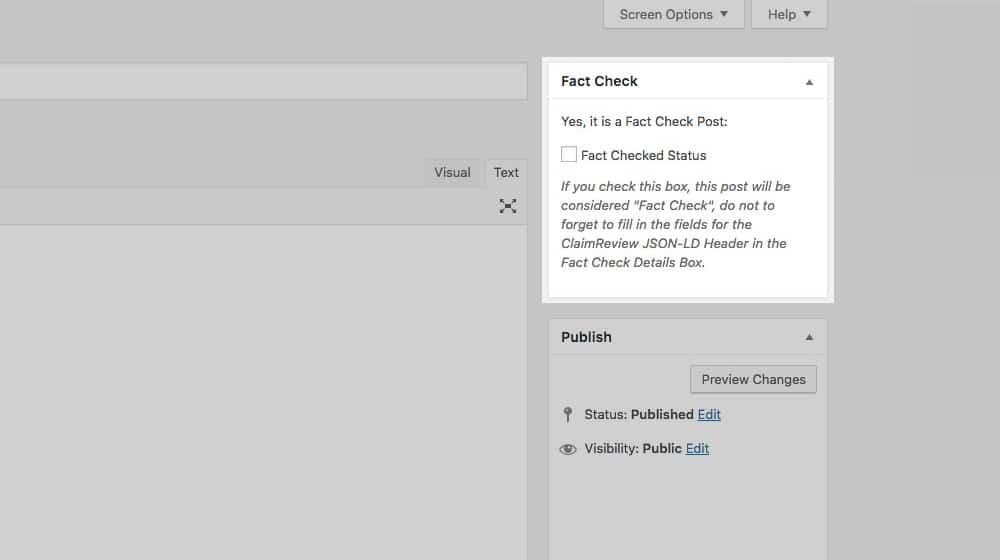
Sites like Very Well Health have their own teams of fact-checkers as part of their editorial process, and they're an example of an industry where it's worthwhile. They offer medical advice, so they attempt to have several eyes from sets of medical professionals verifying their advice. Does it work? Maybe, but sites like Medical News Today and Healthline out-rank them anyways.
So here's my recommendation: do it yourself.
What do I mean? First, whenever you're writing about a topic, do what you can to educate yourself about it first. Make sure you're getting your information from an authoritative source that you trust, read into their sources if you need to, and go as far down the chain as is necessary.
Second, verify facts. There is a lot of different fact-checking resources out there, like the Google Fact Check Explorer, or FactCheck.org. In fact, this page has a whole lot of resources for fact-checking. A lot of them are aimed at journalists, and thus are at least partially aimed at political fact-checking, but they often work for things like medical news as well.
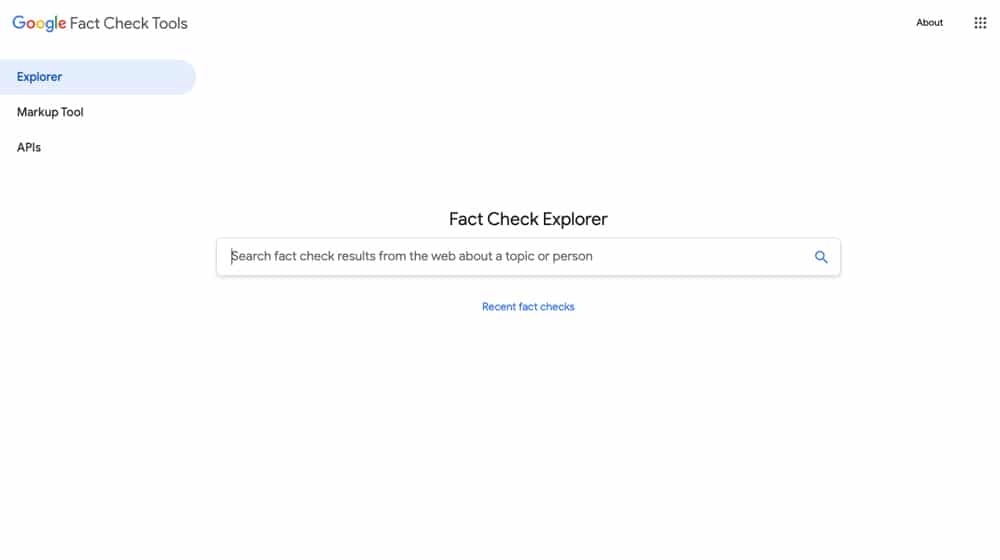
Third, cite your sources. You don't need to have a verified professional in the niche to sign their name on your blog posts, you just need to link to sources that prove what you're saying. As long as those sources are trustworthy, they instill authority on your site.
Now, if you want to have a third party fact checker to sign off on your posts, like Amerisleep or Very Well Health, you can; you just need to talk to people in the niche until you find someone willing to give you that review. You might need to pay for it, or you might need to work on building a relationship first, but you can do it.
Then, all you need to do is just write your own attribution. It's easy enough to just type "fact-checked by X" in the byline with a link to a page for the person who did the fact checking. There's no need to go all-in on fancy scripts.
I'm sorry to report that, at least as far as I could find, there's no easy plugin-like system for fact checking. You can't write a post, send it through an automated system, and receive your fact-checked post back with a seal of approval. You have to pay editors and authorities for that on an individual and on-going basis.
Is it worth it? That's up to you. For sites in some niches, particularly medical and health, it can be a good idea. For others, it's probably not worth the time.



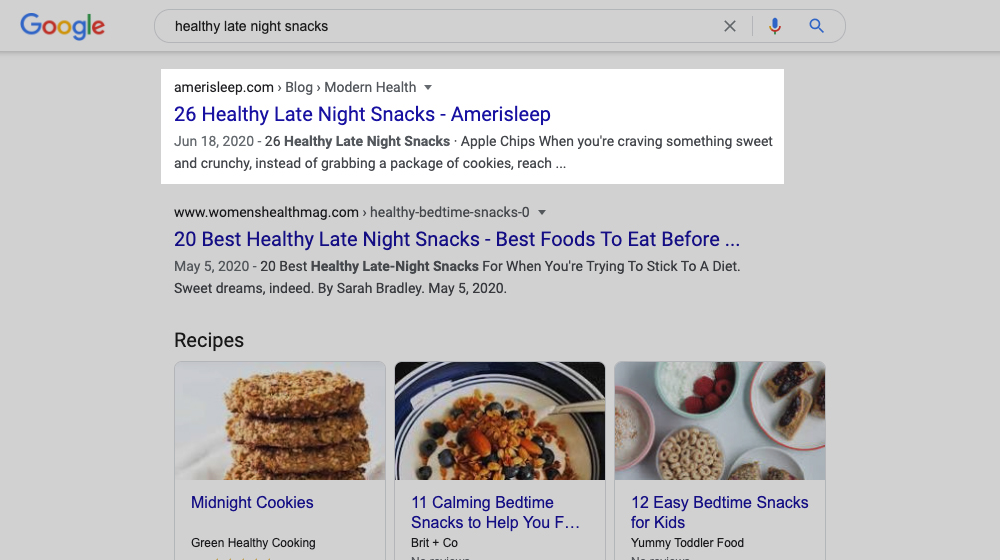







November 12, 2020
Getting a fact-checker seems to be more of a disadvantage than an advantage. If you, yourself know that your sources are legit, then I don't think a fact-checker is needed. A writer must be responsible enough to write articles correctly.
November 16, 2020
Hey Stanley!
I'm inclined to agree with you.
I think most people using them are taking advantage of schema markup to gain an edge in rankings in-case search engines look at that sort of thing.
I have a handful of colleagues with prominent positions at major brands that swear by it and say that it has dramatically increased their rankings.
It could be a correlation vs causation thing, or it may actually be a hidden ranking factor.
August 19, 2022
I've seen a lot of big fishes using fact check in their content. They are getting higher rankings in SERPs. I would say, by putting fact-check in the content adds more trustworthiness to both reader and Google's eye. In conclusion, can we say that fact check type pages help a little bit in E-A-T?
August 19, 2022
Hy Razel!
It's hard to say. Some of my good friends in various SEO careers swear by this technique, but it seems like it could be a correlation/causation thing.
The way I see it: it can't hurt!
March 16, 2022
Huh... I've always fact-checked our articles but I didn't know there was an "official" way to do it and display it like this. Is there an easy way to implement the Schema?
March 25, 2022
Hey Lance!
Rank Math Pro for WordPress can implement the FactCheck (Claim Review) Schema if you're using WordPress as your CMS.
You can also implement the Schema on your site manually, which isn't too much work.
Most people have the fancy checkmark at the top of their site with details about the fact-checker had their plugins developed custom.
December 18, 2022
Is there a wordpress free plugin that can help add fact checker button? Just read about this and want to add it on my website
December 20, 2022
Hey KWS!
No, not that I'm aware of. I've looked for one on multiple occasions but nothing like that exists yet.
We may be building a custom one since so many of our clients have requested this!